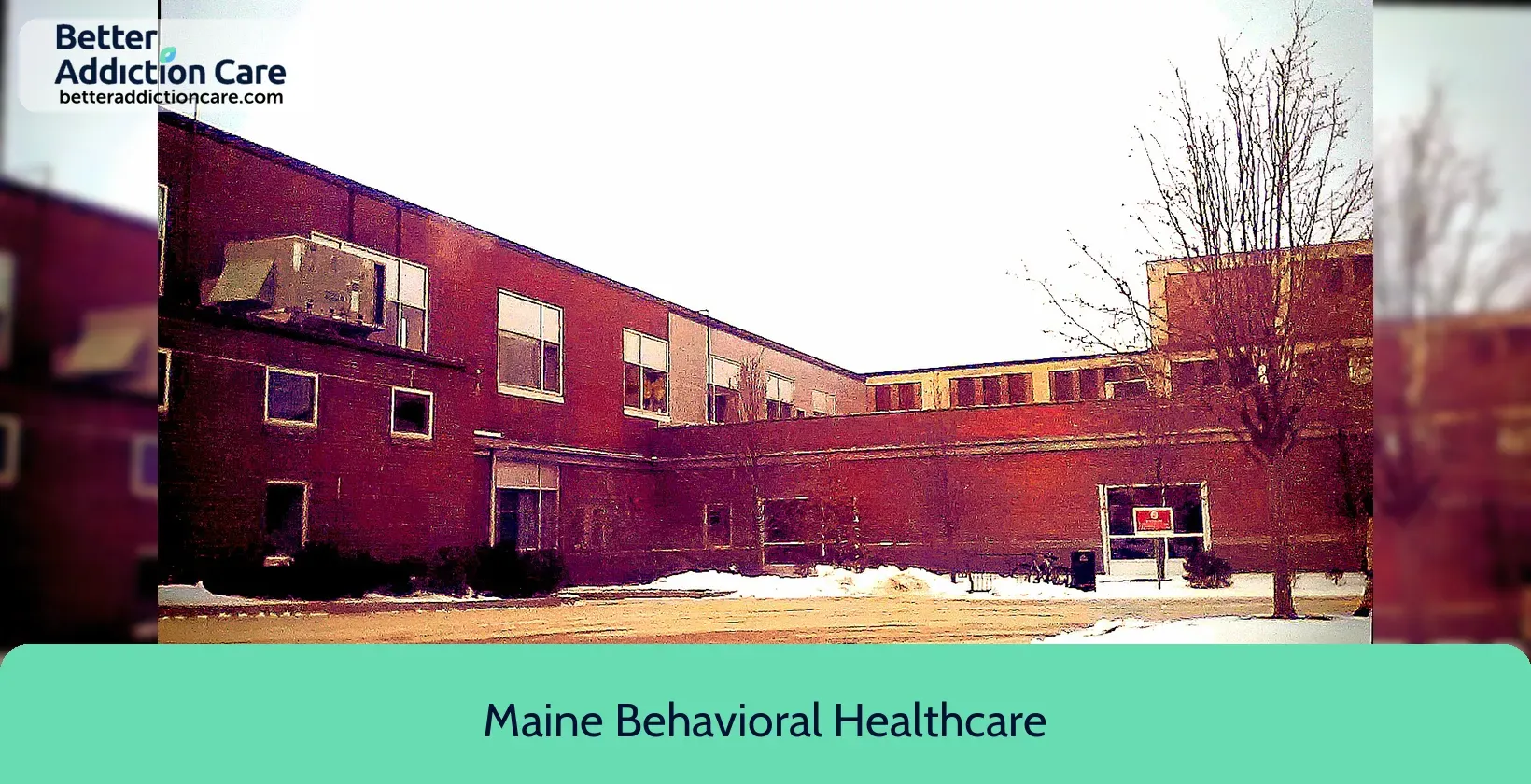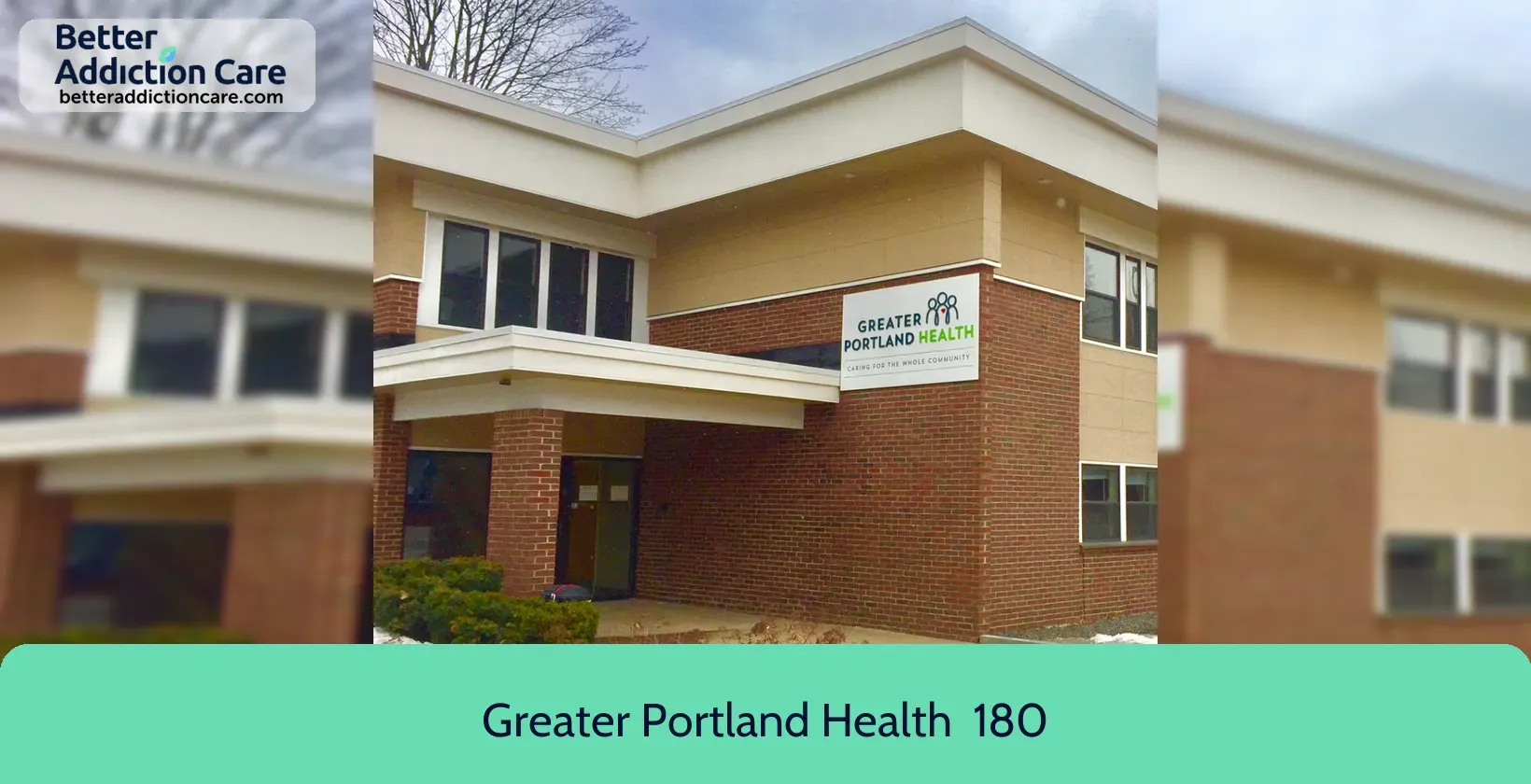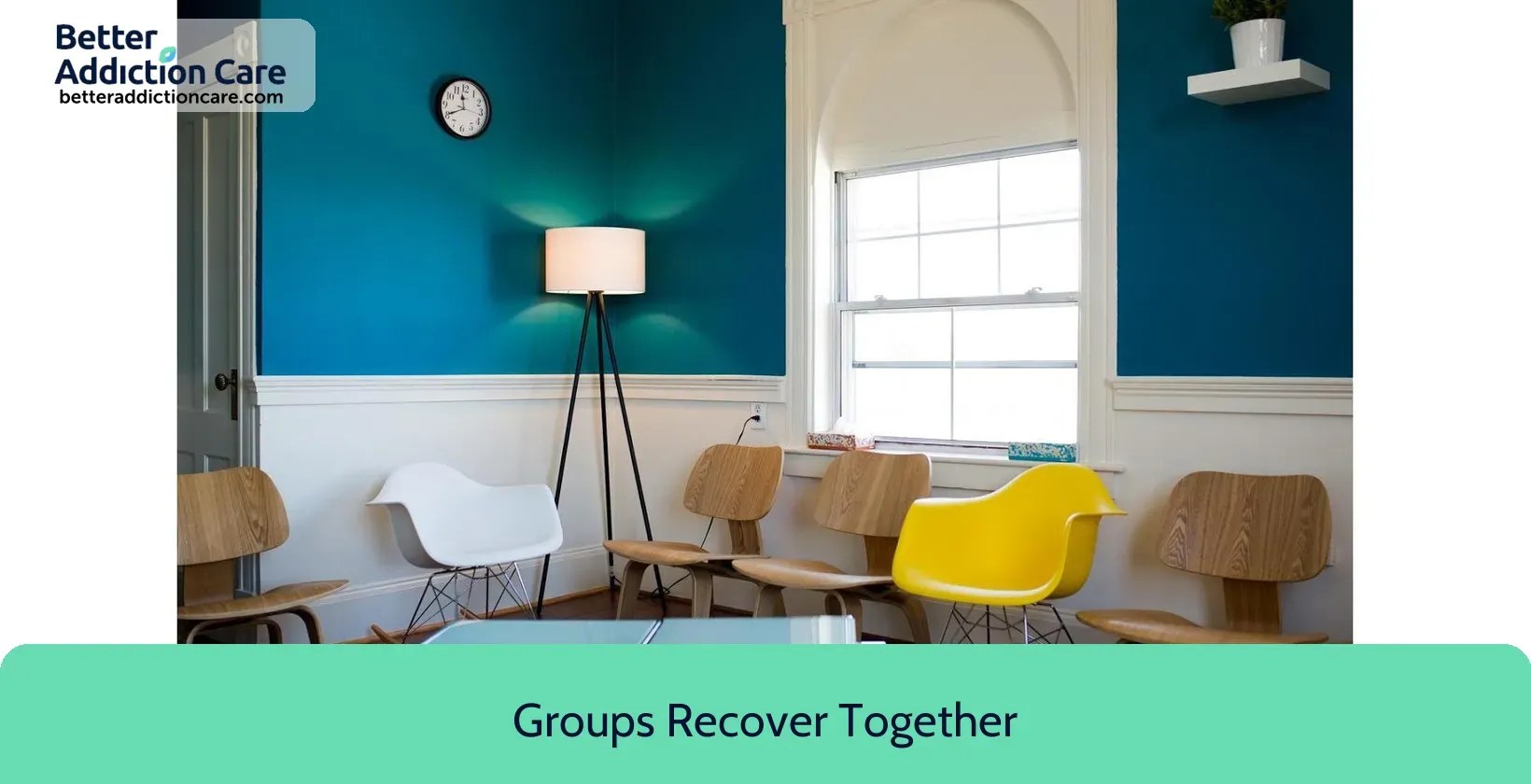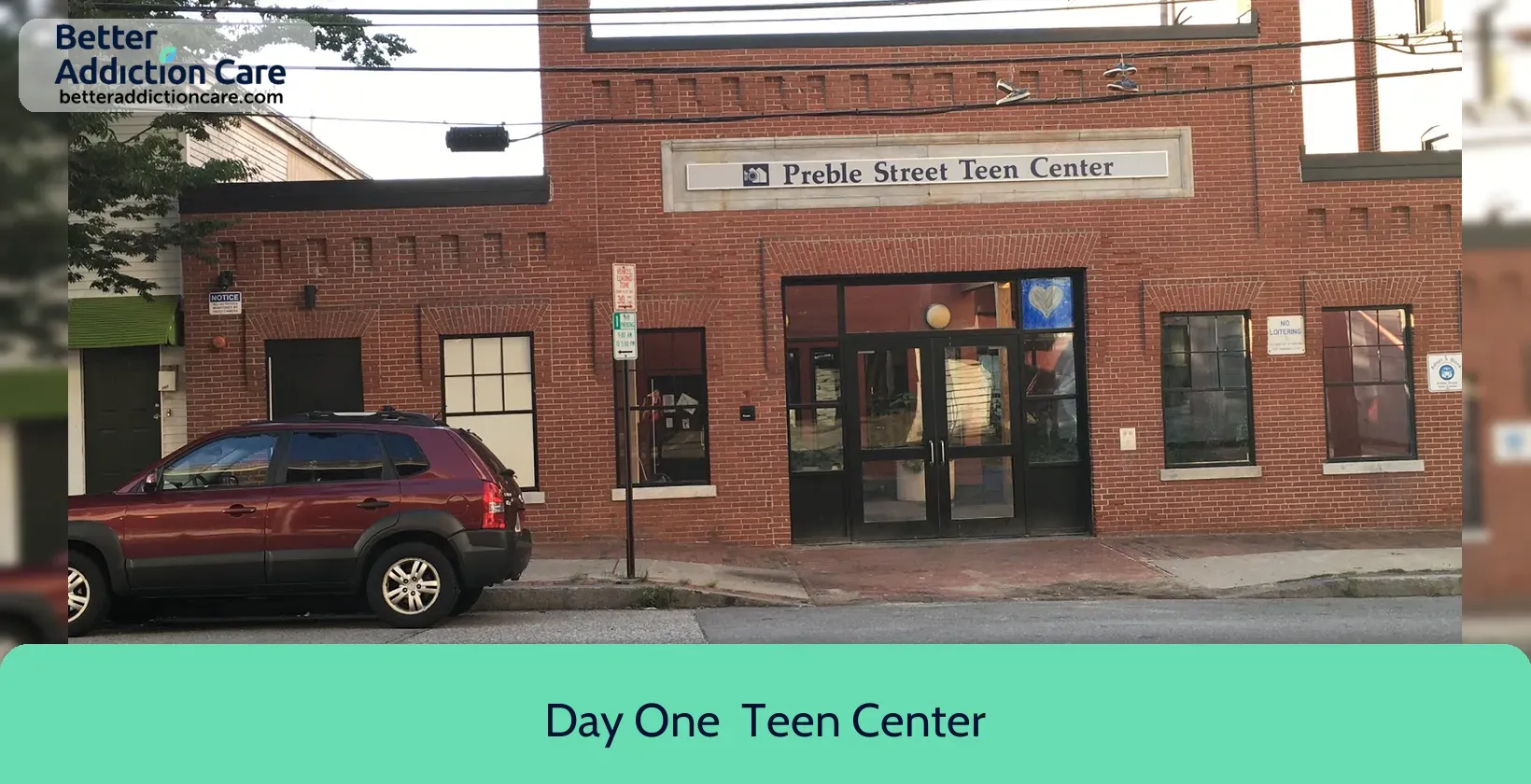Day One - Teen Center
Overview
Day One - Teen Center is a mental health treatment center for people seeking treatment near Cumberland County. As part of their treatment modalities for recovery, Day One - Teen Center provides couples/family therapy, cognitive behavioral therapy, and dialectical behavior therapy during treatment. Day One - Teen Center is located in Portland, Maine, accepting cash or self-payment for treatment.
Day One - Teen Center at a Glance
Payment Options
- Cash or self-payment
- Medicaid
- Medicare
- State-financed health insurance plan other than Medicaid
- Private health insurance
Assessments
- Comprehensive mental health assessment
- Comprehensive substance use assessment
Age Groups
- Young adults
- Children/adolescents
- Adults
- Adolescents
- Seniors
Ancillary Services
- Court-ordered outpatient treatment
Highlights About Day One - Teen Center
6.82/10
With an overall rating of 6.82/10, this facility has following balanced range of services. Alcohol Rehabilitation: 8.00/10, Drug Rehab and Detox: 6.00/10, Insurance and Payments: 6.67/10, Treatment Options: 6.61/10.-
Alcohol Rehabilitation 8.00
-
Insurance and Payments 6.67
-
Treatment Options 6.61
-
Drug Rehab and Detox 6.00
Accreditations
State department of health:

Government agencies issue State Licenses, which grant rehabilitation organizations permission to conduct their operations lawfully within specific geographic regions. Licenses needed to operate are typically determined by the type of rehabilitation program offered by the facility and its physical location.
Treatment At Day One - Teen Center
Treatment Conditions
- Mental health treatment
- Alcoholism
- Substance use treatment
- Co-occurring Disorders
Care Levels
- Outpatient
Treatment Modalities
- Couples/family therapy
- Cognitive behavioral therapy
- Dialectical behavior therapy
- Integrated Mental and Substance Use Disorder treatment
- Activity therapy
Ancillary Services
Languages
- Spanish
Special Programs
- Clients with co-occurring mental and substance use disorders
- Clients with HIV or AIDS
- Clients who have experienced trauma
- Clients who have experienced intimate partner violence, domestic violence
- Persons with post-traumatic stress disorder (PTSD)
Get Help Now
Common Questions About Day One - Teen Center
Contact Information
Other Facilities in Portland

6.56

6.67

7.25

7.66

6.68

6.68

7.34

6.84
DISCLAIMER: The facility name, logo and brand are the property and registered trademarks of Groups Recover Together, and are being used for identification and informational purposes only. Use of these names, logos and brands shall not imply endorsement. BetterAddictionCare.com is not affiliated with or sponsored by Groups Recover Together.

